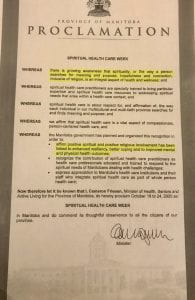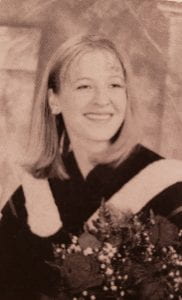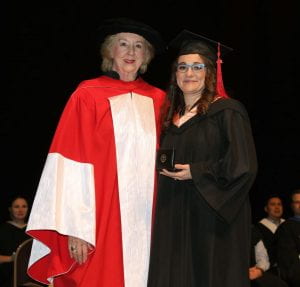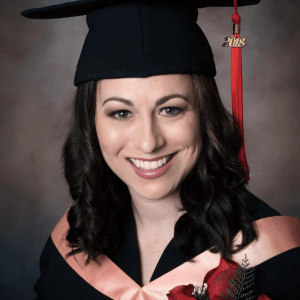Bachelor of Nursing Program Pinning Ceremony – Today at Noon!
You are invited to the 2020 Bachelor of Nursing Program Pinning Ceremony!
The 2020 graduates of the Red River College Baccalaureate Nursing Program will be celebrated in a virtual Pinning Ceremony today at noon.
Grab your 2020 Pinning Ceremony Program, and join us for this meaningful Nursing tradition on The College’s Facebook page.
The link to the ceremony will be available at noon. Join us then to leave live comments for the graduates!
The recording will remain on the RRC Facebook page for later viewing as well.
We look forward to “seeing” you there!
Post by The Pinning Ceremony Committee







